Instead of looking back at 2020, (I bet most of us would like kick 2020 to the curb) let’s gaze further back in time. Since this is science blog, I’m giving a nod to 10 great scientists and their discoveries. Many of these scientists had messy lives. Many of the discoveries were accidental. Most of these great scientists are dead.
That means they can’t refute the gossip I’m about to throw around about them! (hurrah!)
10 GREAT SCIENTISTS and THEIR DISCOVERIES
We can look up the speed of light or the distance to the moon in mere seconds. Even though I like to pretend otherwise when I read sci fi novels or watch a sci fi movie, nothing can travel faster than the speed of light. How did scientists figure this out in the first place? Often at a time when there was no running water!
1543 : First Glimmer of Hope : NICOLAUS COPERNICUS
Heck, in 1543, it was heresy to think that the earth wasn’t the center of the universe. Let’s give a nod to Polish astronomer Nicolaus Copernicus. It was in 1543 when he published his theory that the sun is at the center of the solar system with the planets revolving around it. Before that, Ptolemy stated that the Earth was at the center of the universe.
Sure enough, the Catholic Church formally declared that Copernicanism was heresy. (now known as Heliocentrism) Nothing happened to Copernicus because he died 2 years after he published. It took the church 67 years to officially disprove him.
Copernicus’s ideas were popular with scientists and the general public, but theologians pitched a fit.
PLUTO AND FLAT EARTHERS
It’s amazing that in the 21st C, astronomers discover planets around distant stars from a mere wobble or transit (for more on what transits are, see this post) when it wasn’t until 1978 that anyone noticed Pluto had a moon.
EVEN THOUGH FLAT EARTHERS CONTINUE TO REFUTE THE EVIDENCE...
BY THE 5TH C THE GREEKS HAD ALREADY ESTABLISHED THAT EARTH IS A SPHERE
HOW DO FLAT EARTHERS EXPLAIN THIS SPACE JUNK?So now we know that the earth revolves around the sun. The next question that plagued people…
HOW BIG IS THE EARTH?
Fast forward to the first half of the 18th century.
Why does anyone care about this?
In 1735, The French Academy of Sciences sent out expeditions to answer one of great questions at that time; what is the earth’s circumference? They sent scientists to the equator.
Circumnavigation was tricky in the 18th C! Imagine going from France to South America without a toilet on your vessel.
WHY THE ANDES?
Why, you ask, did a bunch of French guys need to go to the Andes to measure the earth when they could do so in their own backyard? The Quito officials in what is now Ecuador wondered this too. The team was met with deep suspicion whenever they went, which caused all manner of troubles. It was because of Sir Isaac Newton. (No one in Ecuador found this a compelling argument either…)
SIR ISAAC NEWTON : BRAIN POWER GIANT
You know Newton. He’s the gravity guy. He definitely makes the top 10 great scientists and their discoveries list. (Actually, he wrote the Three Laws of Motion, a brilliant achievement for anyone at any time.)
Recap below. Paraphrased, not in the original Latin.
What you don’t know about Newton is that he was one quirky guy!
An analysis of a strand of Newton’s hair in the 1970s found it contained mercury at 40 times the natural level. Perhaps this partially explains his quirks?)
Watching reruns is safer than experimenting with poisonous compounds! (Although Joey looks pale. Maybe he’s experimenting between takes.)
EXPEDITIONS FULL OF PROBLEMS
Back to the reason that expedition went to the Andes. According to Newton, the centrifugal force of the Earth’s spin should result in a slight flattening at the poles and a bulging at the equator. That means the length of a degree would shorten as you moved away from the equator.
Are you rolling your eyes now? Think about it. These people spent a year on a boat to get from Europe to South America, instead of a day on a plane, so it mattered to them! All we need to worry about is whether or not the line at Starbucks will be too long to so we can grab a latte between connections!
A few of their issues….
LA CONDAMINE and BOUGUER
The expedition was led by astronomers Pierre Bouguer and mathematician Charles Marie d La Condamine.
A few years prior, La Condamine had exploited a loophole in the French government’s lottery and had money to burn.
Bourguer detected an error in La Condamine’s measurements, which La Condamine refused to acknowledge. They stopped speaking. Traveled separately from then on.
Later, after Bourgeur died, this enabled La Condamine to receive most of the credit for the expedition. (I bet he was happy about that)
HOW DID THEY MEASURE, ANYWAY?
If one knows the length of one side of a triangle, & the angles of two corners, one can calculate all the other dimensions!
TriangulationThey did prove that Newton was right. A degree is longer near the poles than at northern latitudes. It would only take you ten seconds to look this up online—depending on your wifi connection—but it took them ten years! Their measurements stand the test of time today! Hubris aside, these guys were remarkable.
Let’s shrink things down and look at a few great scientists who discovered what makes up our Earth.
FAMOUS DISCOVERIES IN CHEMISTRY
Today, chemistry as a respectable science– my upcoming book Chemical Reactions!: 25 Projects for Kids is all about cool chemistry w/ projects you can do with materials around the house.
Anyway, chemistry dates back to about 1661. At that time, chemistry was somewhat of an accidental science.
HENNIG BRAND COULD HANDLE BAD SMELLS
After he’d collected (eww) and condensed (eww) fifty buckets of urine (I’m queasy thinking about it) a strange thing happened. His noxious, disgusting paste burst into flame!
So in a way, Brand did find his gold!
50 years later, phosphorus had made its way into matches, fertilizer, and bombs.
CARL SHEELE COULD ALSO HANDLE BAD SMELLS
I’m not sure who had more muted olfactory sense, Brand or our next great scientist, Carl Sheele. (If you want to get away from this grossness and read about our sense of taste and see nice food pics, click on the link!)
A pharmacist, Sheele devised a way to produce phosphorus without urine! He was interested in noxious–and often, poisonous compounds!
LAVOISIER LOST HIS HEAD
It was Antoine Lavoisier who brought chemistry to the modern age. In 1768, he bought shares in a despicable company that only taxed who they wanted and somehow managed to get away with it. This afforded him a lot of income. At his peak, his personal earnings equated to 20 million/year!
Actually, Lavoisier wasn’t a bad guy, though somewhat flippant and insensitive. He borrowed Priestly’s distillation methods. (Priestly was angry. He didn’t get credit for oxygen, either!)
In 1780, Lavoisier made dismissive comments about a young chemist and his theories. The theories were incorrect, but the young chemist –named Marat– held a grudge.
Living in France in 1793? Not good! (read a Tale of Two Cities for more horrors about the Reign of Terror.)
Oh! Lavoisier’s wife lived. She remarried. Maybe her second husband kept his head.
DMITRI MENDELEEV
Let’s get out of France!
I must mention one of the most important discoveries in chemistry, made by a man with a fantastic mother! When Dmitri Mendeleev‘s father (headmaster of a local school) went blind, his mother began work in a factory, where she became the manager. The factory eventually burned down, but she wanted her high school son –Dimitri, and the youngest of FOURTEEN— to get an education. She walked with Dmitri for 4000 miles, depositing him in a school in St. Petersburg. (She died soon after.)
Life wasn’t kind in Russia in the 19th C. either.
Humming or not, Newlands missed out. Mendeleev is credited with creation of the first periodic table, one of the most important discoveries in chemistry.
We better move on to the 20th C and physics! Don’t groan, it’s cool, too.
EINSTEIN OF COURSE
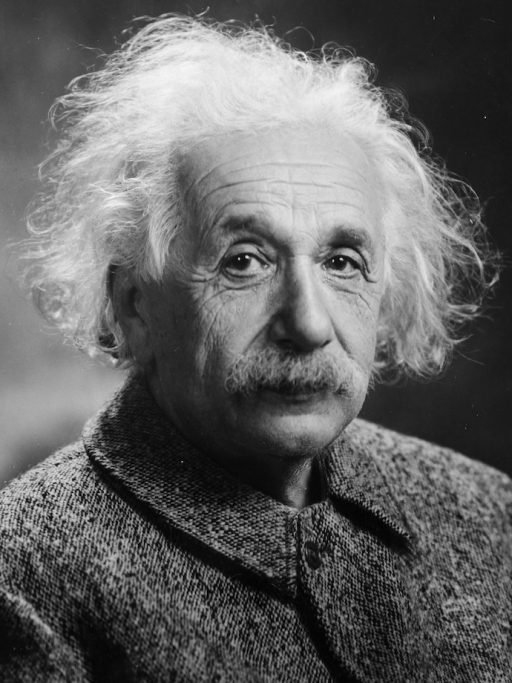
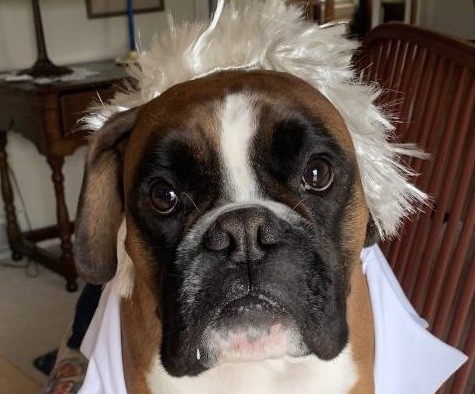
Most of the early days of chemistry (as you saw above) were about inorganic substances, meaning not associated with living things.
And to summarize a whole lot of cool advances in chemistry in a paragraph, the existence of the elements and their relationships—how they make compounds that we find on earth, was key to the theory of atoms. All these rules of reactions, summarized in the periodic table devised by Mendeleev, is ultimately explained by quantum mechanics. So. Theoretical Chemistry is in fact, physics!
And no one can talk about physics with bringing up …. Albert Einstein.
Imagine you are in a rainstorm.The wind is blowing against your back. If you started running, the rain wouldn’t hit your back as hard. It would be travelling slower compared to you. (Scientists would say that the rain was travelling slower relative to you.) If you turned around and ran toward the rain, it would hit you even harder than if you stood still. (Scientists would say that the rain was moving faster relative to you.)
Einstein proved that space and time are not constant.
Space and Time CAN change!
Einstein finally got the recognition he deserved. The next photo is from a 1927 Physics conference. (I couldn’t work Marie Curie into this post but I’ll point her out below. She won two Nobel Prizes! )
HENRIETTA SWAN LEAVITT and THE EXPANDING UNIVERSE
An astronomer named Henrietta Swan Leavitt discovered how to measure the universe, and in a stuffy little workroom at The Harvard Observatory!
Einstein calls this his greatest blunder, not to have realized that the universe is expanding!
I’ll explain in the slide show below…
Henrietta Swan Leavitt should have won a Nobel Prize! She was promoted to head of the Harvard College Observatory in 1921, but died later that same year of cancer. And since Nobel Prizes are not awarded posthumously, she can never receive one.
Hubble fought hard to win a Nobel prize for proving that the universe is expanding, but at the time, astronomy was not considered a science, so no prizes for those guys. I don’t think he should have gotten one. He’s got that cool telescope named after him.
Thanks to Leavitt, we now knew that the universe was expanding. Einstein was humbled and admitted his embarrassment. Pickering, Shapley, and Hubble don’t get their names in bold because, well, you can extrapolate why.
Next question scientists wanted to answer.
WHEN DID THE UNIVERSE BEGIN? : THE BIG BANG THEORY!
The proof for the expanding universe theory didn’t come for decades. In fact, two guys Arno Penzias and Robert Wilson, put the seal of approval on the Big Bang Theory and they weren’t even trying.
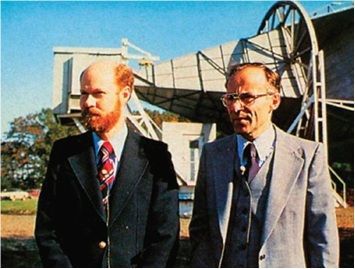
The radiation noise Penzias and Wilson found proves that galaxies are expanding. This faint microwave noise is remnant radiation from a time when the universe was vastly denser and hotter than now.
Currently, astronomers calculate that the universe is 13.7 billion years old.
ATOMS FOR ANOTHER POST
I wanted to discuss atoms but ended up with our expanding universe and an expanding post. Another time!

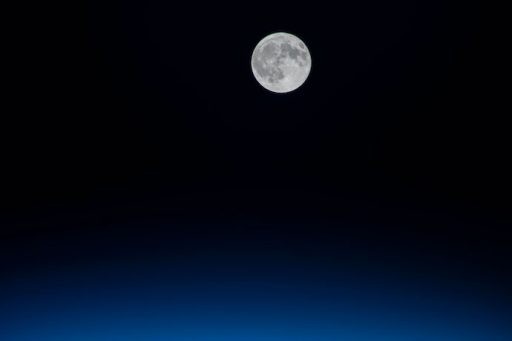

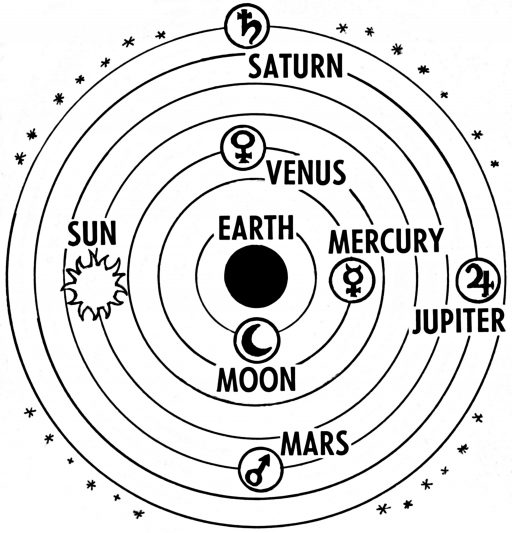
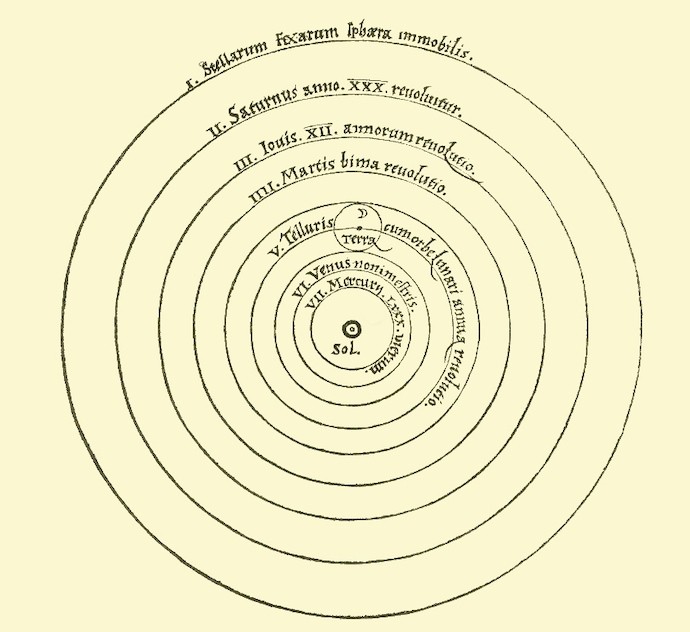
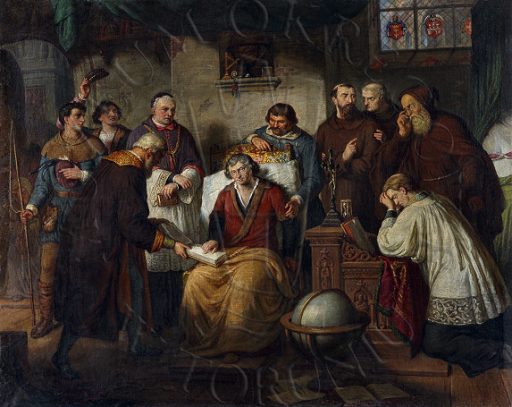
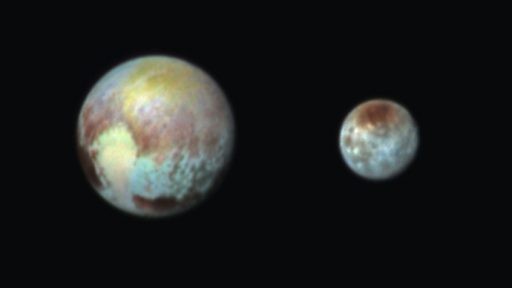
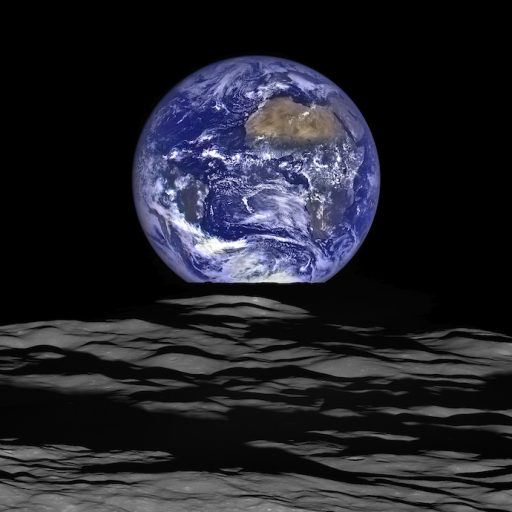
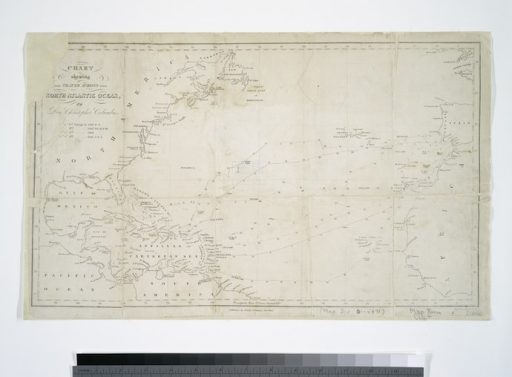
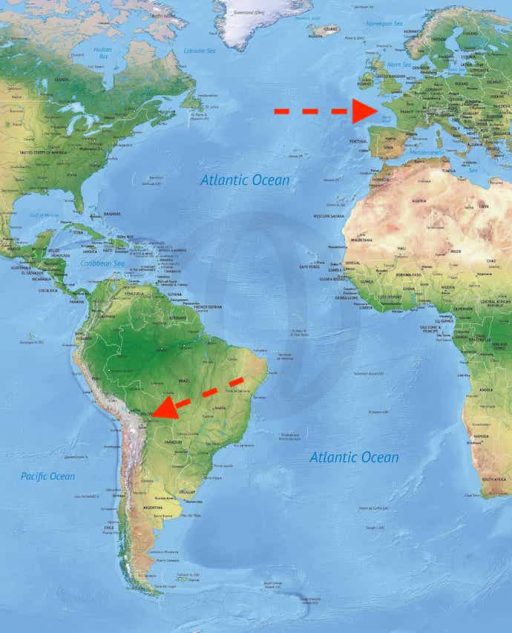

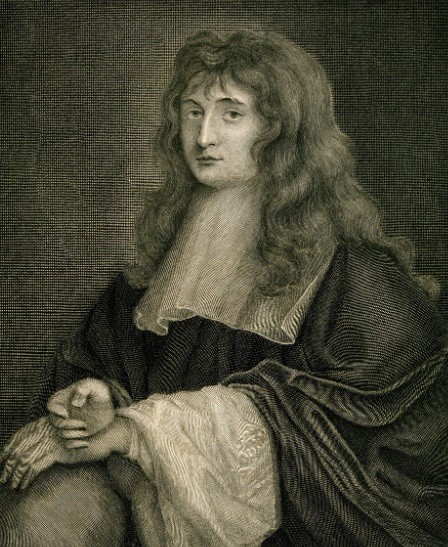

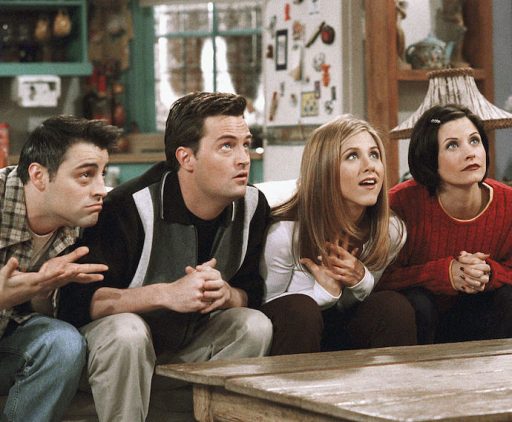

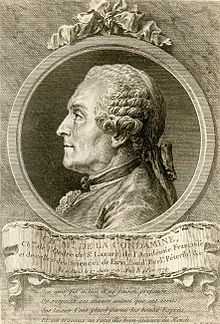

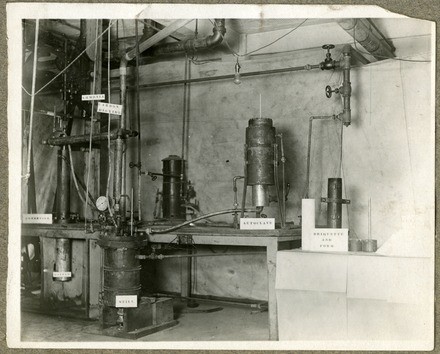
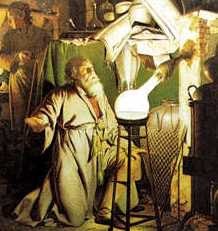


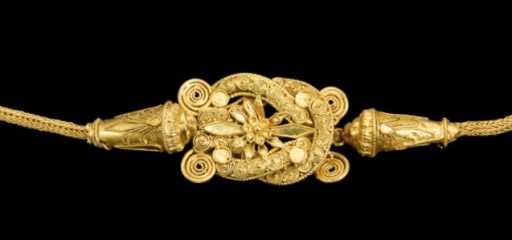


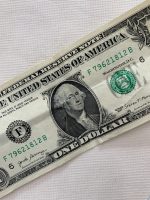

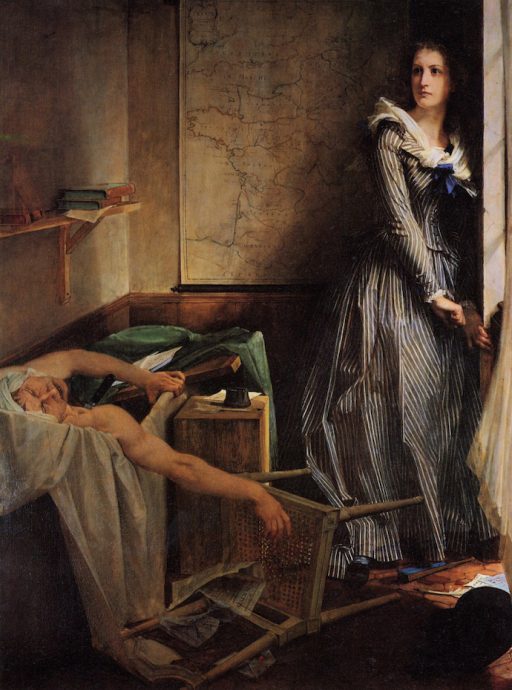
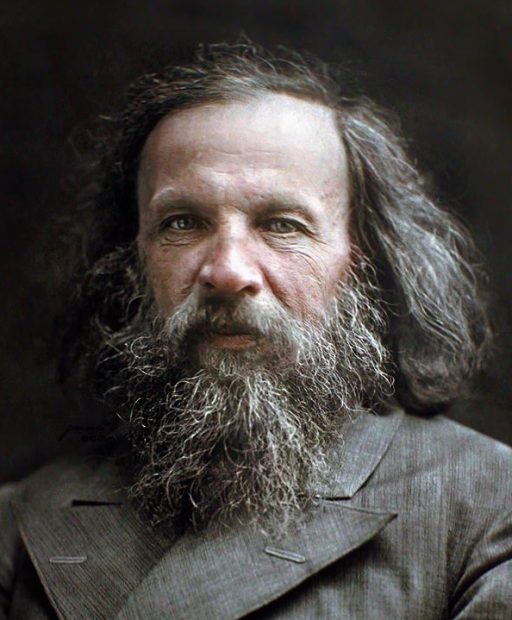
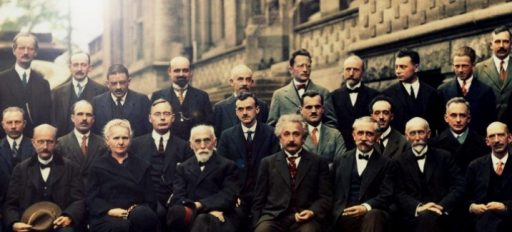
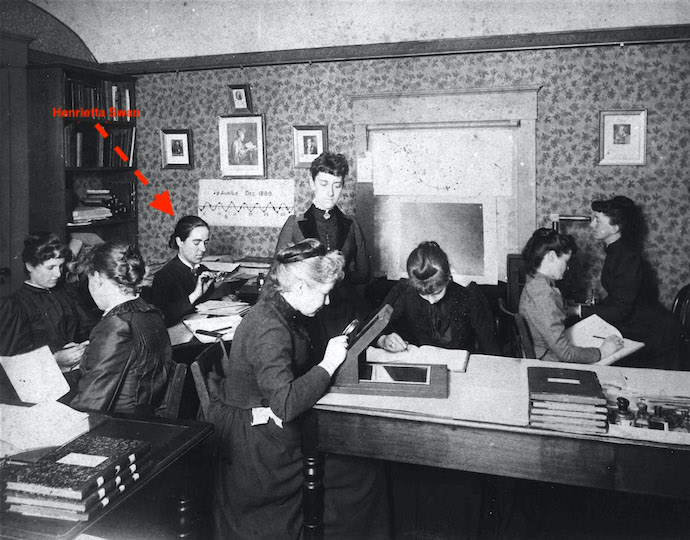
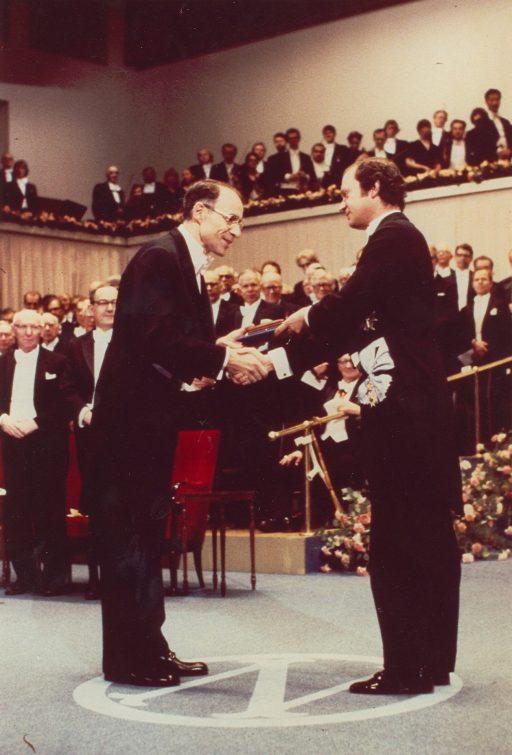
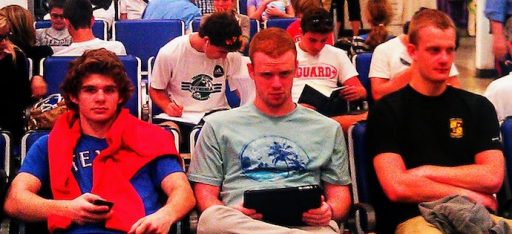
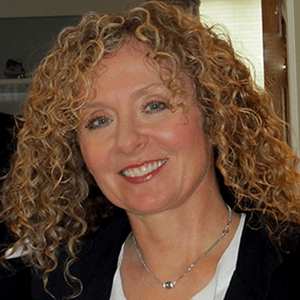
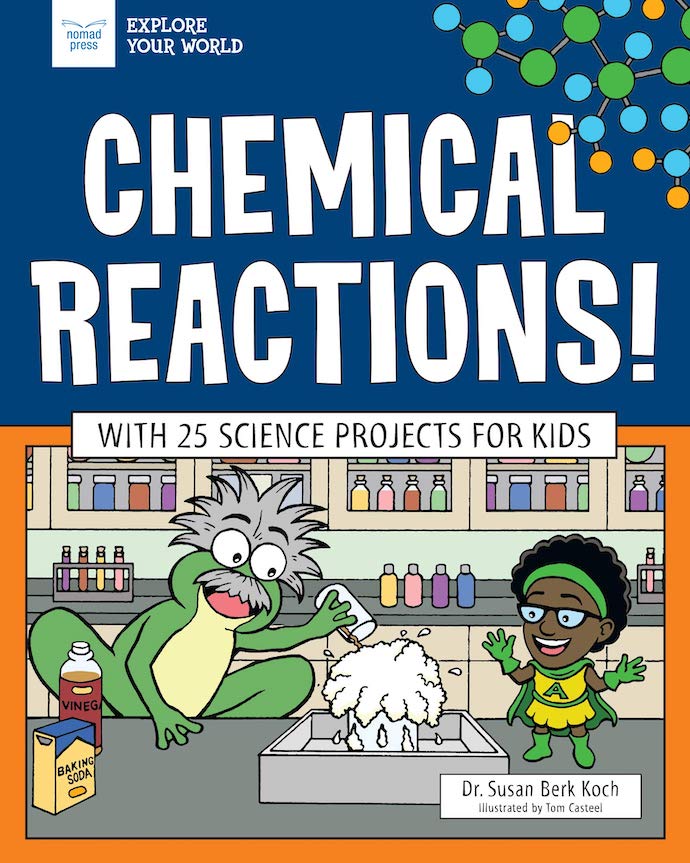
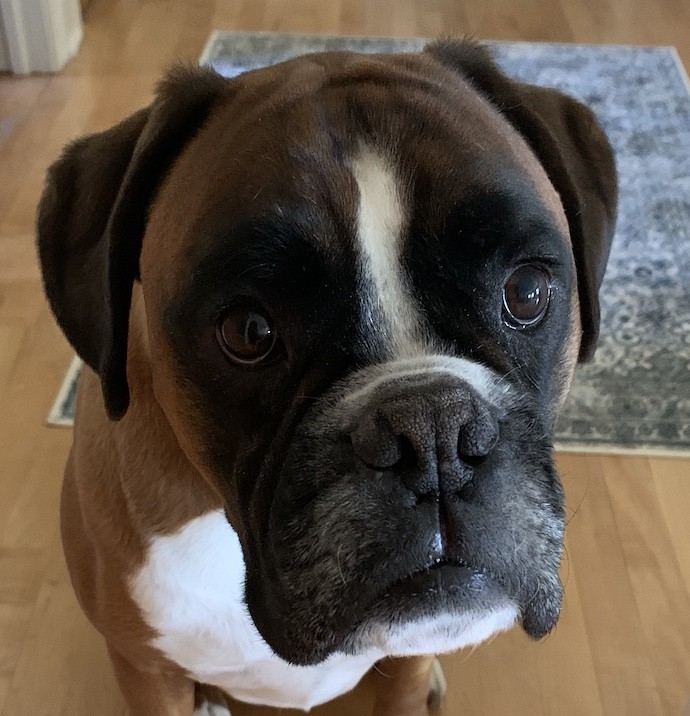
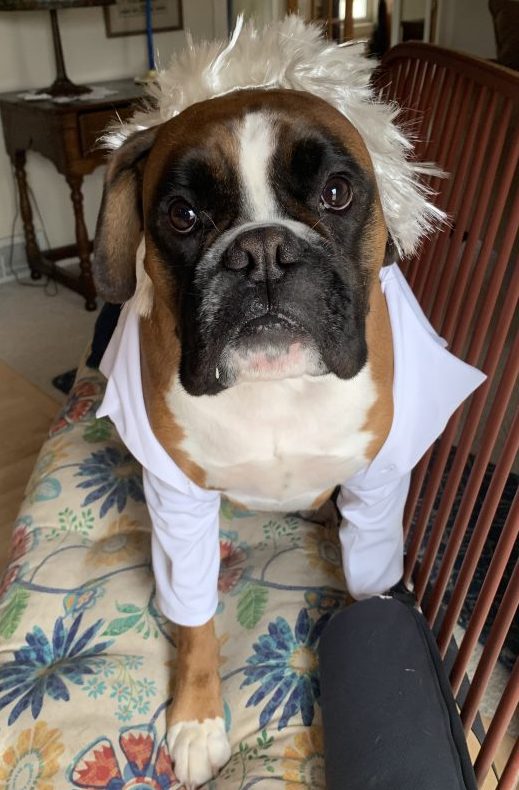
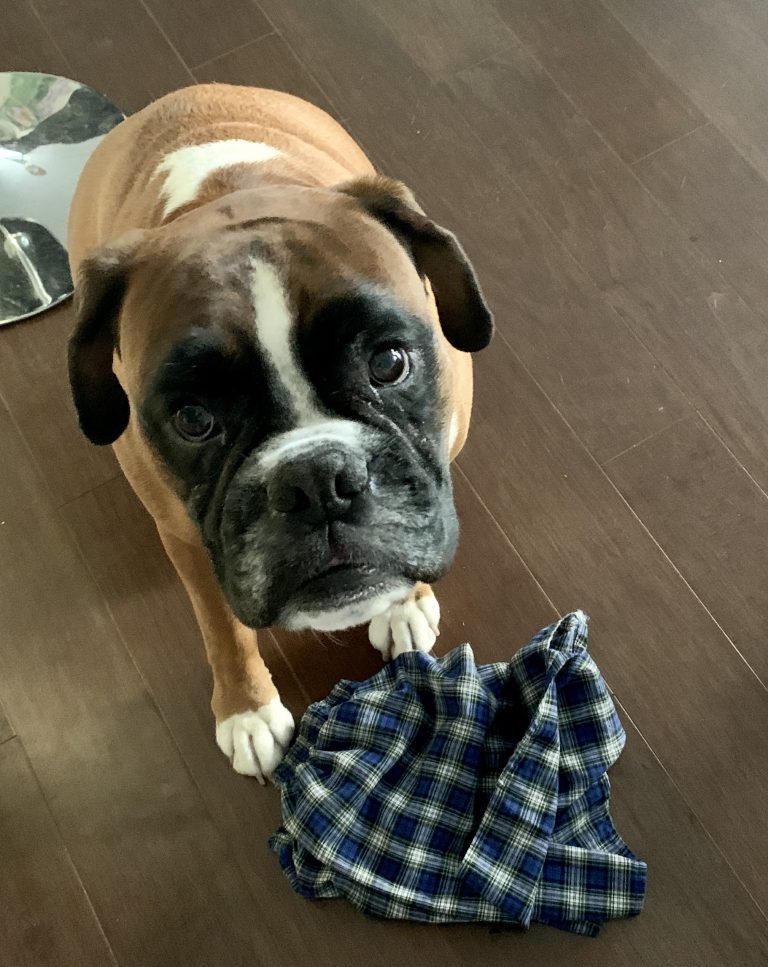
Youi provided a lot of important and complicated information in an easy to read and light-hearted manner. Great job.
This was my objective so I’m pleased that you enjoyed the post! Thank you!
I agree that you pack a lot of info in your posts. I think you should write an article on Charlotte’s motive for murdering Marat. And in the bathtub!
Good idea! I’ll look into that. ‘Murdering Motives!’ Thanks, Amy.
This is such a great post – it’s so informative! I’m familiar with all these discoveries but it was so great to understand them all on a deeper level! Thanks for sharing!
No, these aren’t new discoveries by any means. You hit on my objective! I wanted to expand on the people and their times. Thank you!
I love this post – thanks for sharing!
Thank you! I’m happy you liked it.
Not much else to offer Other than another great job. Can’t wait for the next one. Mike
Thank you! I’m happy that you enjoy my posts!
This was super fun and informative, loved it!
I’m happy that you loved my post! Thank you.
Wow, such an informative post! Thanks for sharing 🙂 Happy New Year!
Happy New Year to you, too! Thanks.
This is such a great list of scientists and their accomplishments. Thanks so much for listing them all out for us!
You’re so welcome. Thanks for stopping by!
Wasn’t the first person to estimate the size of the earth from ancient Egypt, I swear I watched a documentary about that
Maybe? I was talking about circumference, not surface area, radius, or diameter. Lots of geometric measurements! ha I’ll check into it, thanks for pointing this out!
Informative as always, but this might be your funniest post so far. Who knew you could write so entertainingly about some old scientist dudes. Great job.
Ah! I should change the title of this post. Old Science Dudes! Thanks.
Sue you are a very entertaining writer! You make science and history fun!
Thank you so much!
Thanks for the walk back in time Sue! I didn’t realize newton was such a strange guy. Mercury poisoning huh? Wasn’t that what made all the hatters mad back in the day? Thanks for sharing the knowledge, and happy new years!
I’d forgotten about hat production and mercury poisoning. Not sure in Newton wore a hat or not, though I doubt he was worried about fashion! Thanks so much. Happy New Years to you!
I absolutely loved reading this! You did a great job at breaking down complicated information in such an easy to understand way. Thanks for sharing! I hope you have a happy and healthy new year! 🙂
I’m excited that you found my post accessible. Happy, healthy new year.Thank you!
This post was such an interesting read. I just learnt a lot from it. Great job of simplifying really complex information and making it easy to digest for us un-scientific types.
Gemma, This Brits Life
I’m happy that you found the post easy to digest! Thanks so much.
Funny and informative! Thanks for all the work you put into these posts!
You’re welcome. I’m happy you thought so! Thanks.
Such a fun post, Sue! I was waiting for Einstein, although I’m a fan of Newton too. And that’s interesting about the mercury – could explain a lot!
I agree, the mercury facts about Newton are interesting. Yes, no post about important dead guys would feel finished without Einstein! Thanks.
Thank you for making this easy to read for those of us who aren’t very scientific! Really interesting post 🙂
You’re welcome! Thank you, Jenny.
This was a really informative post and so easy to understand. Thank you for sharing.
That’s a lovely compliment, that you found the post easy to understand! Thanks so much.
You are welcome. Happy New Year.
You, too!
This is such an informative post and also written in a manner that is fun to read! Thanks for sharing!
Fun and informative is my objective. Thanks so much!
Interesting and absolutely informative post! Thank you for sharing. I enjoyed reading it.
Liz
http://www.piecesofliz.com
You’re welcome. Thank you so much!
Enjoyed this post! It was both interesting and humorous. And Louie deserves a treat for being so patient with the wigs. 🙂
Never fear, Louie had a bagful of his favorites! (Doggie salmon jerky from Trader Joe’s) Thanks so much.
Super interesting reading how science and history come together, I learnt lots from this. Also love the photos of your adorable dog included! x
I’m so happy the history didn’t make the boring. Or vice versa? ha Many treats went into those wig photos. Thanks!
Wow, what a fantastic post, sadly I only knew Einstein, but it just truly shows how they have become some of the most amazing scientists ever 😁
It was fun to dig up some new facts about the people behind the discoveries. Thanks!
Such an interesting post, I think combining science and history is always fun!
Tash – A Girl with a View
Thanks so much! I appreciate you stopping by.
As usual, I learned a lot of interesting facts from your post. My favorite was the urine to gold experiment. Science is fun.
Science is fun! Urine to gold made me laugh, too. Thanks, Brooke.
Wow! Such an informative post like always, it’s like I’ve just sat through a science lesson (but actually an interesting one) xx
HA! Thank you!
This is very interesting to read about scientists and what they did. I always enjoy reading topics like these. Thank you for sharing!
I’m pleased that you enjoyed my post. Thank you!
Such an interesting post – I really enjoyed reading this. The urine to gold experiment was certainly one of my favourites. Feels like I’ve just had a science lesson, but an incredibly enjoyable one so thank you 😀
I didn’t want this to get too didactic, the post has a lot of theoretical concepts. I figured if anyone wanted, they could skim past the slides! ha Glad you found this one enjoyable. Thanks so much!
I find it so fascinating to read about scientists and what they have discovered. They can make such an impact on our lives, sometimes without ever knowing the full extent.
I’m glad you enjoyed it. Thanks, Kelly!
This post was so interesting! I loved that is packed with information and had a good laugh at some! Poking your eye with a needle comes first for sure! But most of all Louie’s pictures on all of them are great! Thanks for sharing 🙂
Thanks so much. Louie is a sweetie. Poking a needle in your eye is at the top of the list, I agree!
Interesting. I’m going to share with my daughter. She loves science.
~Michelle
https://michellescrazybusylife.net
A future scientist! Fantastic. Thanks, Michelle.
If you and Louie were teaching history, I’d retain much more. Thanks for the excellent post..
Thank you for the lovely compliment!